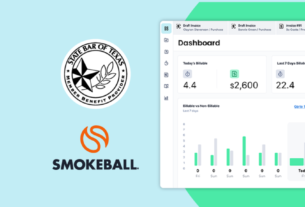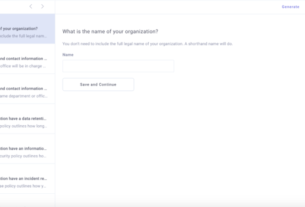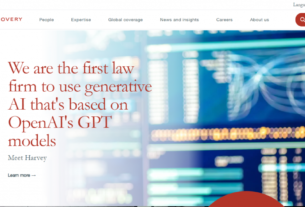One of the challenges of e-discovery for smaller law firms is that so many of the e-discovery products on the market are designed for large cases handled by large law firms, putting them out of range for smaller firms in both price and complexity.
For smaller law firms, the leading guide to e-discovery practices and technology has long been, eDiscovery for the Rest of Us, written by e-discovery expert Tom O’Connor, cofounder of the Gulf Coast Legal Technology Center. First published by the American Bar Association in 2013, and with occasional updates in the years since, the book is now out in a new edition, published by O’Connor in partnership with Nextpoint, the e-discovery and litigation support company.
Although I have not yet read it, the publishers say that this new edition features new content, including about advances in artificial intelligence, enhanced design, and practical checklists and discussions that address current regulations, rules, and challenges in the e-discovery world.
(I did read the prior edition, and we featured an excerpt from it on the LawNext Legal Technology Directory: E-Discovery for the Small Case – Finding the Right Tools On A Small Budget. )
You can buy the book on Amazon for $34.99.
‘Democratizing E-Discovery’
Noting surveys that show that smaller firms are concerned with finding ways to increase their efficiency and better control costs, O’Connor said that this book “addresses those concerns in the world of litigation and e-discovery by showing you how to meet the standard set by the FRCP to make all matters before the courts ‘just, speedy, and inexpensive.’”
“Not very long ago, ediscovery was thought of as a luxury accessible only to big law firms with the resources to invest in considerable infrastructure,” said Rakesh Madhava, Nextpoint’s founder and CEO. “But as a result of continuing innovation and investments in the legal tech sphere, the e-discovery landscape today looks exceedingly different for small and solo firms.
“At Nextpoint, our goal has always been to democratize e-discovery and build accessible tools that simplify legal processes, and ultimately, lead to a more equal justice system.”
E-discovery professionals at Nextpoint, including Madhava and e-discovery consultant Brett Burney, contributed to this new edition, adding their own ideas and insights. The book also uses imagery from Nextpoint software to demonstrate tactical e-discovery workflows, from processing steps to production tips.
But O’Connor emphasizes that the book is intended as a universal resource for smaller firms seeking to better understand e-discovery, regardless of what software they use. It is also useful to lawyers in any size firm who are interested in improving their e-discovery practice, he said.
If you are interested in learning more about the book and the authors’ insights on e-discovery practice, Nextpoint and EDRM are hosting a webinar on March 14 at noon Central Time.



